
Online Exploitation

Online abuse is a unique form of child abuse that happens on the internet. It can happen across any device that’s connected to the internet like phones, tablets, computers, laptops and game consoles.
It can happen anywhere online, including on:
- social media
- instant messaging and text apps
- online chats
- online gaming
- live streaming sites
- emails
Online abuse and child exploitation
A child can experience different types of online abuse including those types of abuse linked to child exploitation such as grooming, sexting, sexual abuse and sexual exploitation.
Any child who uses the internet can be at risk of being exploited online. A child can be at risk from people they know or from strangers. A child’s abuse may be only taking place online or it could part of wider exploitation a child is experiencing offline.
Signs of Online Exploitation
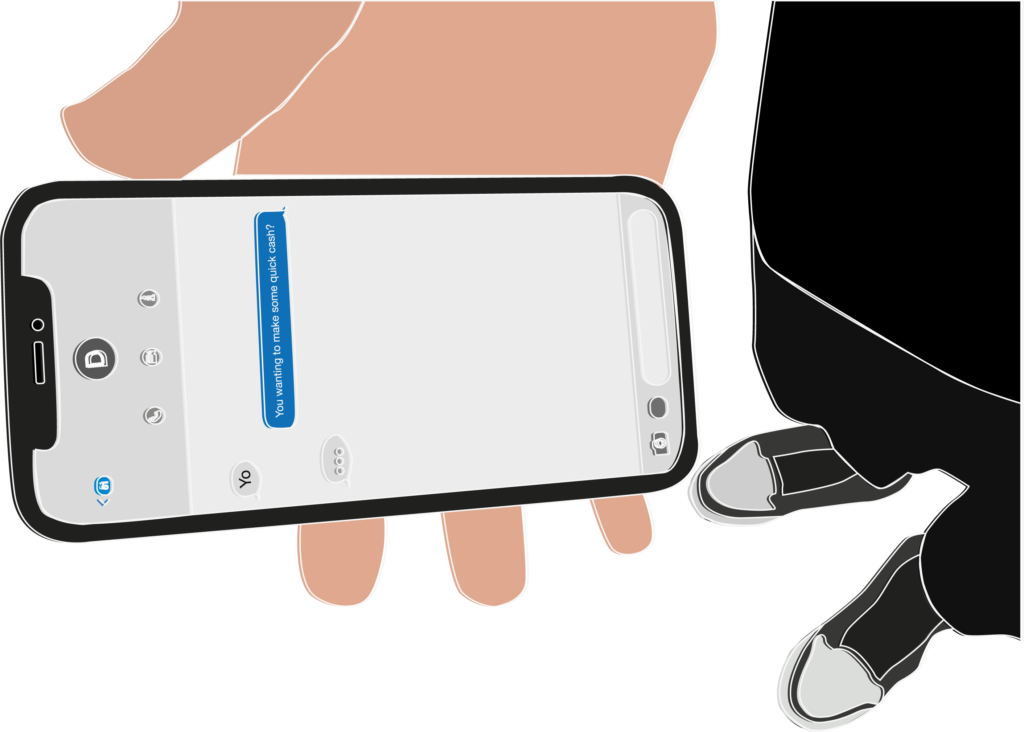
A child experiencing online abuse may:
- spend a lot more or a lot less time than usual online, messaging, gaming or using social media
- be secretive about who they’re talking to
- have lots of new contacts on their phone, social media accounts, friends who they are with online gaming
- seem angry, distant, upset after being online
Some of the signs of online abuse are similar to other types of exploitation:

Online Child Sexual Abuse
The Internet Watch Foundation (IWF) and the Marie Collins Foundation (MCF) alongside national and international agencies have lead on a number of developments to prevent, tackle and remove the online child sexual abuse content of children from the internet.
The IWF provides a function where child sexual abuse content can be reported anonymously and confidentially. Alongside the MCF, the IWF produced a series of videos to raise awareness of child sexual abuse content and how to report it, such as the short clips below:
To view further videos in this series and for further resources visit the IWF’s YouTube channel.
Sextortion
Sexually coerced extortion or ‘sextortion’ is a type of blackmail where someone tries to use intimate, naked or sexual photos or videos of you to make you do things you don’t want to do. Sometimes, these photos or videos are taken without your knowledge, and the person blackmailing you uses them to force you to pay money or do something against your will.
| The Internet Watch Foundation have recently launched a new online resource that provides help and support for those experiencing sextortion. Included is guidance on what sextortion is, supporting resources along with advice for children under 18 as well as adults, parents and carers. Help if you’re worried about ‘sextortion’ or online blackmail (iwf.org.uk) |
Where to go for further information and support?
Listed below are some (not all) of the organisations who have developed advice and resources to use when it comes to supporting children and families with the online space.
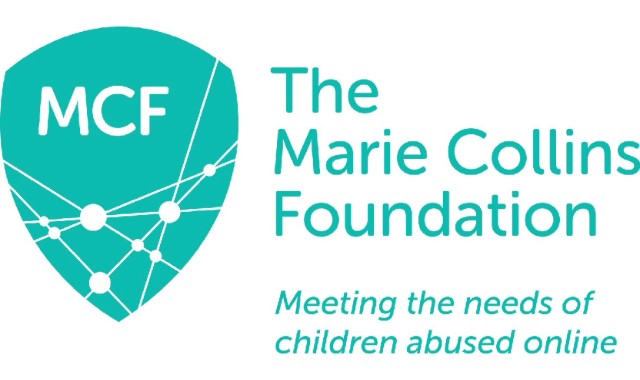
The Marie Collins Foundation in partnership with the National Working Group have developed two new resources to support parents/carers and professionals with regards to how to respond when it is discovered that a child has been harmed online.
• Visit the Marie Collins Foundation Website
Further information on child exploitation for parents/carers can be found here and for young people here.
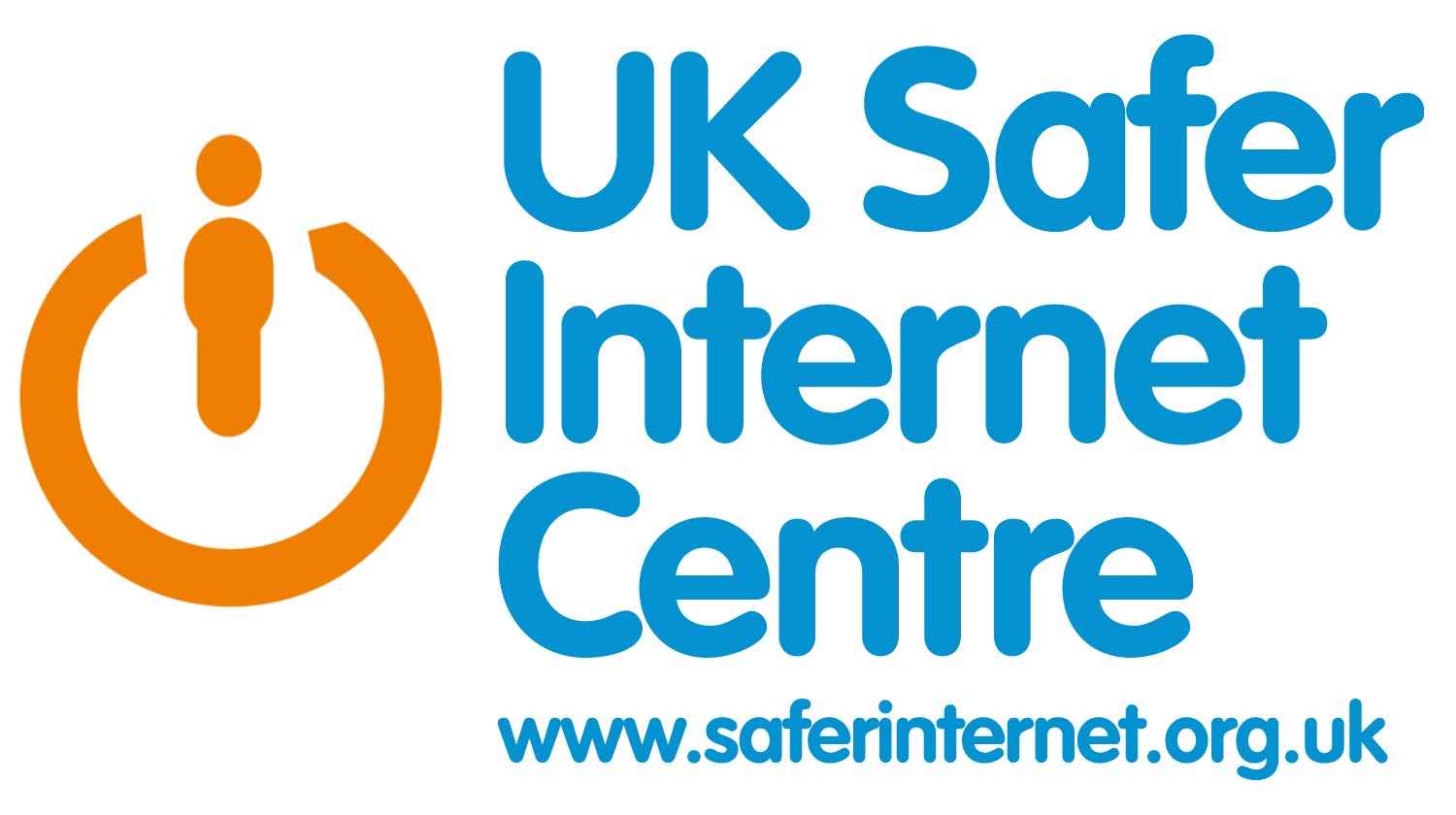
UKSIC have a range of information for those work with children on highlighting the issues of internet, how to have a conversation with your child about staying safe online, safety tools on social networks, parental controls offered by internet providers, guides to technology and resources.
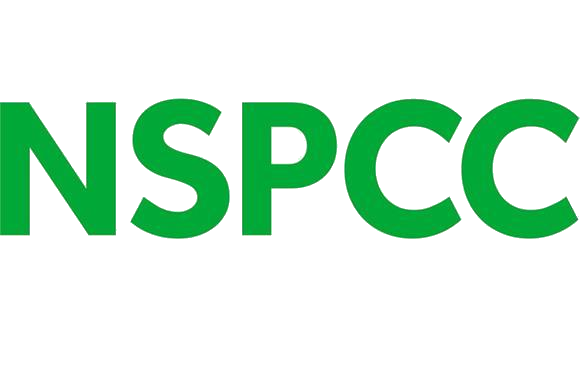
Like with NetAware, the NSPCC and O2 have collaborated to help keep children safe on social networks, apps, and games by producing a range of advice on:
- Sexting and sending nudes
- How to talk to a child about online safety
- Inappropriate and explicit content
- Online games, live streaming and online video apps
- Online porn
- Internet connected devices
- Parental controls
Click to visit the Online Safety section

Childnet has a range of information to support those who work with children in helping to keep their child safe online. This includes advice on parental controls, hot topics, toolkits, family agreements, guides on how to have a conversation about online safety, how to report harmful content.
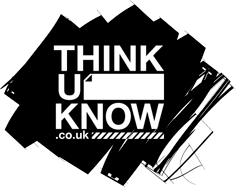
Thinkuknow has helpful advice and tools that those who work with children can use to help keep their child safe online. They have downloadable guides for parents/ carers on various social media sites like. They also have some useful films for parents to watch about the risks online and four specific films about sexting / ‘self nudies’ and how to talk to their children about this issue and what to do if this happens.






 View all our news
View all our news